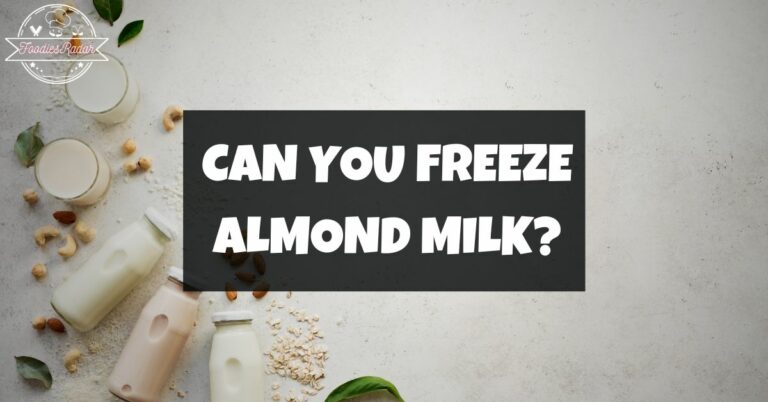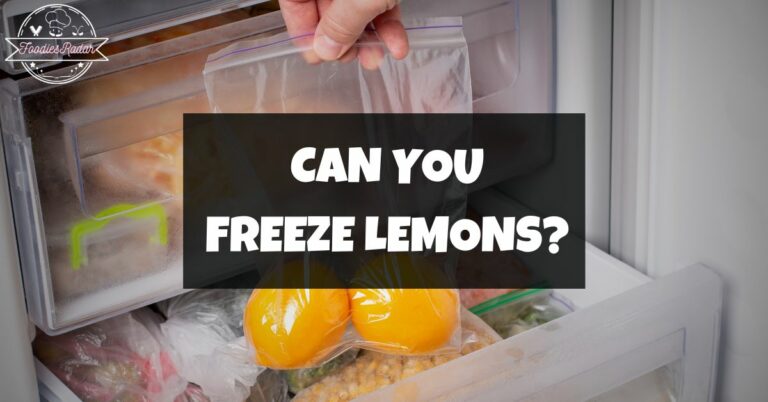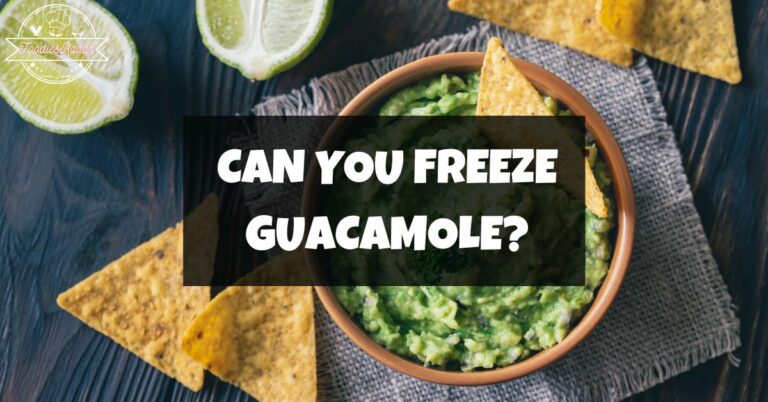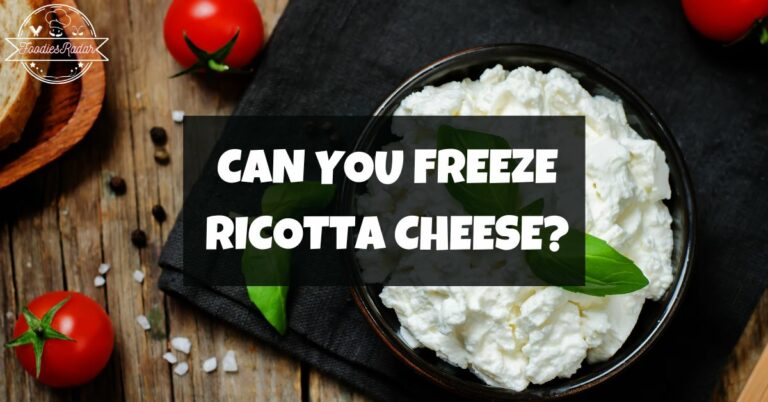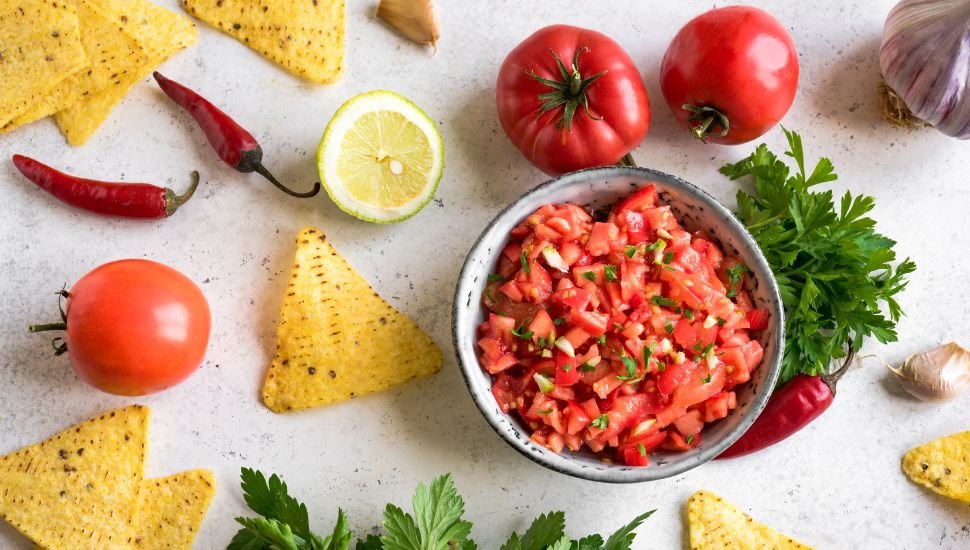
Salsa is technically a word in the Spanish language which means nothing by t simply “sauce.” The word may only have a simple translation when used out of context, but in the context of Mexican and Tex-Mex cuisine, the word ‘Salsa’ has a more specific meaning.
Though there are many regional variants, salsa is generally a combination of potatoes and onions with garlic, to which many spices such as cilantro, pepper, and cumin are added.
Salsa, because of its tangible taste, has become an excellent option to use with tacos and burritos or even fajitas and pretty much every Mexican dish that you can name.
Now we all know how great of a thing salsa is, but is it possible to have a ready supply of it in frozen form? Keep reading to find out.
Can You Freeze Salsa?
Salsa, as well as being spicy and lively, is just made from fresh, nutritious vegetables and so is just as healthy for you.
You can ensure a steady supply of salsa and keep it on hand to satisfy your untimely cravings for Mexican food because, yes, salsa can be frozen.
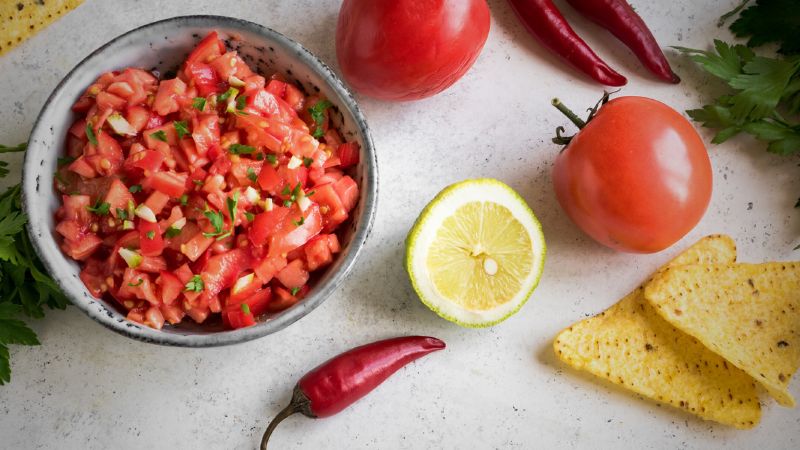
It is a perfectly viable option for long-term storage, but if you are planning to consume your leftover salsa in the near future, let’s say a couple of days, for example, then it’s actually better to refrigerate your salsa than freeze it.
This is because not all salsas can endure the freezing process well.
How To Freeze Salsa?
Freezing salsa is not as much of a complicated process as writing makes it seem because, after all, it’s freezing, how hard can it be? To Freeze your leftover salsa, you need to prepare it first.
If you have an unopened/sealed jar of salsa, you might be tempted to just throw it in the freezer, but it’s a mistake because glass jars aren’t suitable for freezing and can’t withstand the freezer pressure changes well.
Instead, transfer your salsa to a ziplock plastic freezer bag (you can make portions if you like).
Suck out all the air from the bag using a straw, avoid overfilling it, and then seal it and keep it in contact with the freezer wall for flash freezing. One more thing, try to remove as much water as you can from your salsa to preserve its texture.
Relevant articles:
How To Thicken Freezer Salsa?
There are some ways in which thick salsa is different from thin salsa, and this unique property of consistency greatly affects how well a salsa can be frozen.
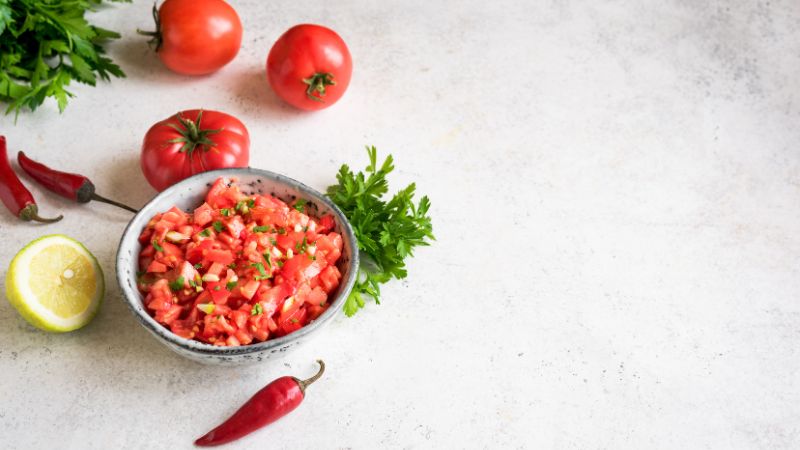
Thick salsas freeze-store better than thin salsas, so here are a few tips which you can use to thicken your salsa and make it freeze better,
- Most easily, you can just puree your salsa in a food processor for a more thicker texture.
- You can cook it longer when making it so that it has a thicker consistency.
- If your salsa is too watery, either add extra tomato paste or drain your salsa with cheesecloth to make it thicker.
How Long Does Salsa Last In The Freezer?
Salsa normally has a shelf life of only a couple of days, but you can preserve it for way long by keeping it in the freezer but how long will it last in the freezer?
I’d say it can easily spend 3 to 4 months in the freezer if you store it in reliable plastic bags, but that doesn’t mean that its texture will not deteriorate or suffer loss of quality. It’ll lose its taste of freshness too.
How To Defrost & Thaw Salsa?
Always store salsa in ziplock bags or resealable containers, but most importantly, never forget to separate it into portions to freeze it separately. This makes it easier to defrost later.
The best way of defrosting salsa is to take it out of the freezer and keep it in the fridge overnight or longer and let it thaw out on its own. It can take quite some time but make sure you do it beforehand and not just prior to serving it.
Freezing takes away the freshness of the salsa, but there are some ways in which you can restore it partly, like sprinkling it with cilantro or squeezing lemon juice on top of it after defrosting. You can also defrost salsa in a microwave, but it’s not recommended.
How To Tell If Frozen Salsa Is Bad?
Freezing extends the shelf life of salsa from a couple of days to 3-4 months, but not even it can preserve it indefinitely.
There will be a time when salsa will go bad even in the freezer, and this is because of bacterial enzymatic action.
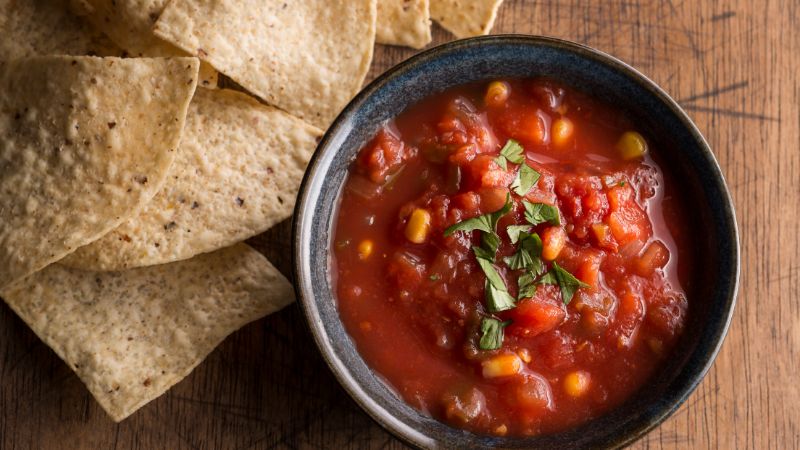
All freezing does is delay bacterial degradation for as long as possible by storing products at a subthreshold level, but it can only delay the inevitable and not stop it.
After 4 months, the salsa will start to break down on its own because of bacterial action and spontaneous degeneration of metabolites.
The tomatoes in it or fruits (if present) will leak water into the freezer bags and change the texture and consistency of salsa from thick to thin, and this is how you’ll know that your salsa is no longer viable for use.
Final Verdict.
Salsa is a good addition to almost anything, you can use it with burritos, tacos, nachos, and fajitas to make your experience better, and the salsa which is left behind after a Tex-Mex Tuesday can also be frozen until the next one.
But you need to remember to do so appropriately and always freeze the salsa in portions so that it is easy for you to defrost. Also, take care to drain all the extra water from your salsa to preserve it’s consistency.
FAQs (Frequently Asked Questions)
Does Freezing Salsa Change Its Texture?
Yes, almost always. It is a necessary evil that accompanies the freeing process. The texture of frozen salse changes from thick to watery thin after defrosting, and this is because the tomatoes in it are notoriously hard to freeze and leak water when they thaw.
Can I Freeze Salsa in Glass Jars?
No, absolutely not. You cannot freeze salsa in a glass jar even when it’s the sealed jar that you originally bought.
This is because glass is not the ideal material to withstand the pressure changes that a container has to go through during the freezing process.
Glass is an amorphous solid, and when you freeze a sealed glass container with salsa in it, the water in the salsa is going to expand, put pressure on the glass jar and crack it.
How Long Will Homemade Salsa Last In The Fridge?
Salsa lasts in the fridge for only a couple of days, but according to some reports, homemade salsa has a greater shelf life in the refrigerator than its store counterpart.
This may be because homemade salsa doesn’t have to go through intense packaging , chilling, or freezing for shipping to different areas.
Can You Freeze Salsa with Fruit in It?
Fruit salsa is generally less popular than the traditional salsa which one hears of and is made of soft, sweet fruits instead of vegetables and spices, and if prepared appropriately, it can be frozen too though it is absolutely not recommended.
Fruit salsa only is best when eaten fresh, and let’s be honest, no one likes frozen fruits.
How Do You Thicken Freezer Salsa?
When you defrost freezer salsa, it is often watery and thin in texture and consistency, and the easiest method you can use to reestablish its consistency is to simply drain all the extra water with a cheesecloth, or you can also add extra tomato paste for the salsa to regain its thickness.


